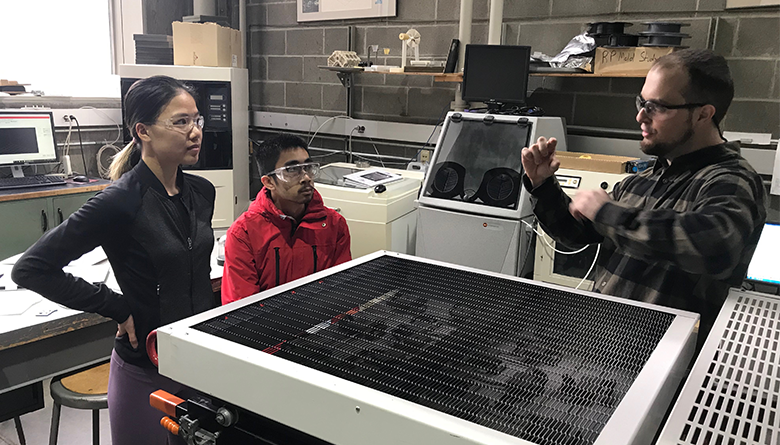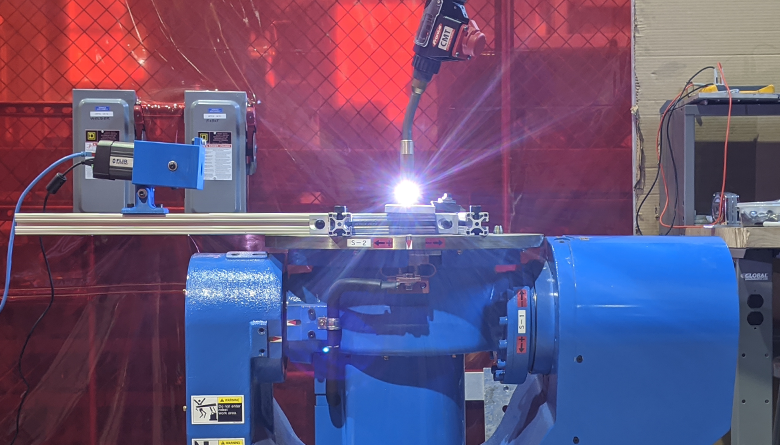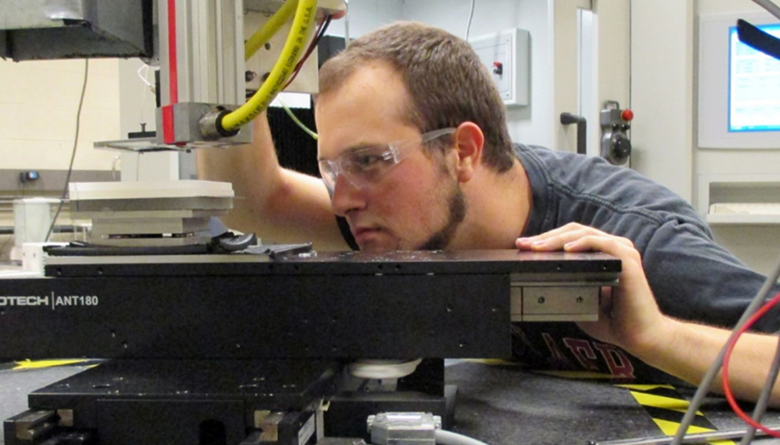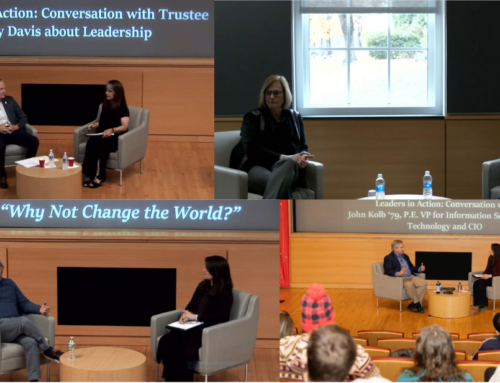By James Nowak ’16, Ph.D. Candidate of Mechanical Engineering and National Science Foundation Graduate Research Fellow
In its simplest form, manufacturing is the act of transforming raw material into a product that benefits society. Manufacturing is the delivery vehicle of innovation to the masses, and is the bedrock on which our nation’s economy was built. As we celebrate National Manufacturing Day on October 2, we reflect on the rich history of local manufacturing, the landscape of manufacturing during these unprecedented times in our society, and the immense potential of our future in manufacturing as we tackle the multidisciplinary problems of the 21st century.
Past: Troy’s manufacturing prowess was dominated by the presence of waterways and railroads located in the region during the early 20th century. Troy was nicknamed “The Collar City,” due to the abundance of textile manufacturers in the Capital Region, and neighboring western Massachusetts. The detachable collar industry began in Troy in the 1820s. During this time, my grandmother contributed to this manufacturing ecosystem, in her own right, by working as a seamstress manufacturing supplies for the U.S. Army. Her contributions directly impacted the nation and inspired me to pursue my own career path in manufacturing, specifically tied to mechanical engineering.
Present: Our nation has had to face the unparalleled challenges associated with a once-in-a-lifetime global pandemic. Manufacturing is one of the many tools that will aid in combating this challenge and our subsequent recovery. The manufacturing companies of this country have adapted and come together to supply life-saving medical devices and equipment to hospitals and frontline workers. Rensselaer has contributed our own manufacturing resources, such as the Manufacturing Innovation and Learning Lab (MILL) and The Forge, a student makerspace, to produce over 10,000 face shields (and counting) for local hospital employees, as well as on-campus faculty and staff. This example of agile manufacturing has carried over into this semester’s classes as students have learned firsthand about the resources and tools that are required to rapidly design and implement the manufacturing processes required to produce a product when critical demands arise.
Future: At Rensselaer, we embody the development of new manufacturing technologies as well as the personnel to be able to support these 21st-century manufacturing technologies. Personally, I have been able to experience these contributions firsthand throughout my time at Rensselaer. Whether that be inspiring the next generation of STEM professionals through outreach programs, such as the Engineering Ambassadors, to local middle and high schools, or training the next generation of manufacturing engineers through hands-on pedagogical undergraduate and graduate courses, in the aforementioned MILL. And finally, the research avenues that are being explored in manufacturing at Rensselaer transcend fields, and utilize the collaborative environment that is woven into the Rensselaer campus. The manufacturing research that I personally pursue relies on interdisciplinary work that utilizes expertise found in the Center for Biotechnology and Interdisciplinary Studies (CBIS), the Institute for Data Exploration and Application (IDEA), and the Manufacturing Innovation Center (MIC).
The future of manufacturing lies at the interface of fields that may not seem connected at their surface. When we remove the silos, we can see that every invention or idea must be “manufactured” in some sense, in order to maximize its benefit to society. The future of manufacturing will include sustainable biomaterials, large-scale metal additive manufacturing systems, and sensor-rich manufacturing platforms that harness the big data revolution, in order to better deliver and improve the products that we use day in and day out.






